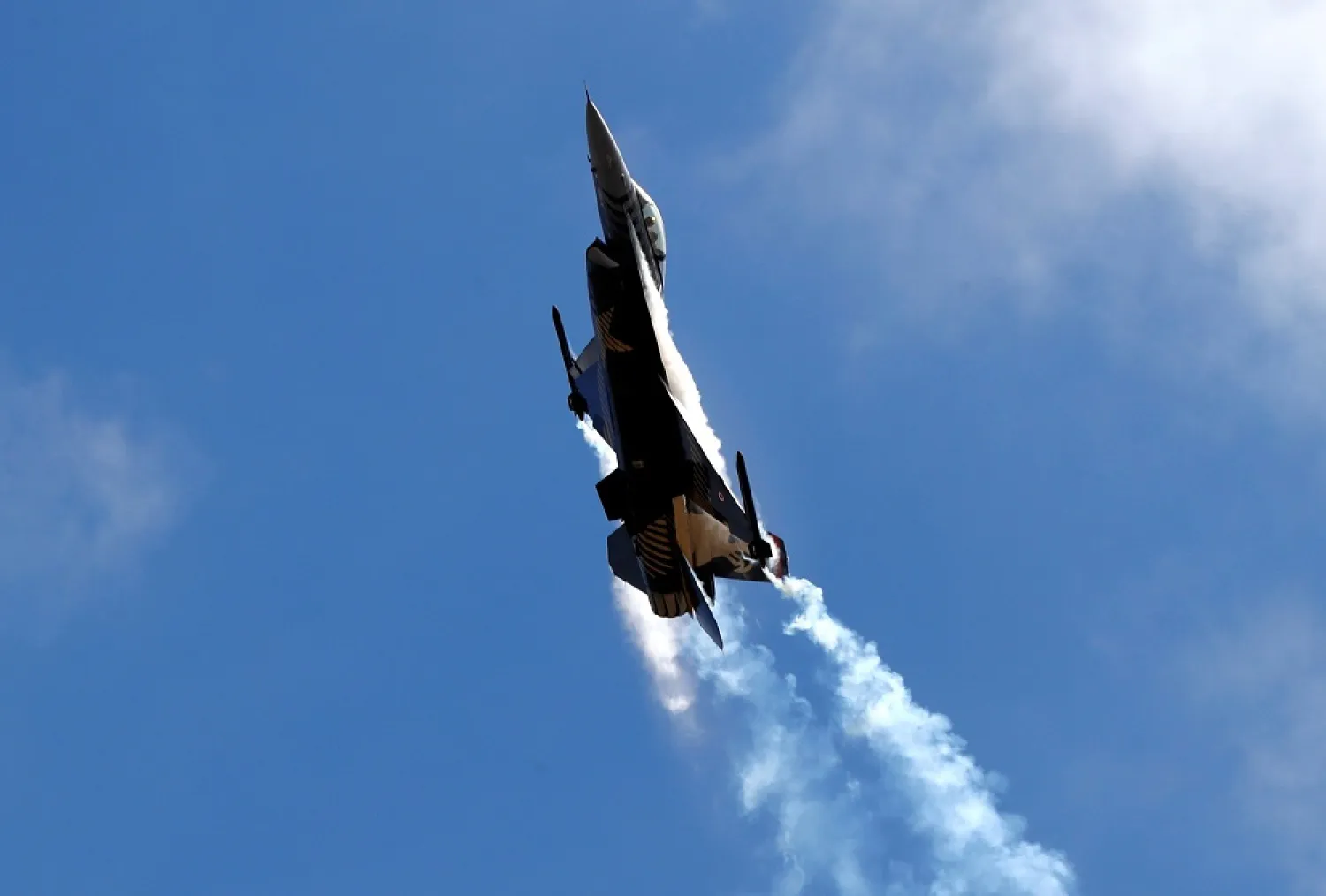Greek surface-to-air missiles locked on to Turkish F-16 fighter jets carrying out a reconnaissance mission in international airspace, Türkiye’s state-run Anadolu news agency said Sunday.
The allegation is the latest claim from Türkiye that its neighbor and fellow NATO member Greece has been targeting its aircraft above the eastern Mediterranean and Aegean Seas.
The radar of a Greek S-300 missile system based on the island of Crete locked on to the Turkish jets on Aug. 23, Anadolu reported, citing Defense Ministry sources.
The F-16s were at an altitude of 10,000 feet to the west of Greece’s Rhodes island when the Russian-made S-300’s target tracking radar locked on, the report added. The Turkish planes completed their mission and returned to their bases “despite the hostile environment.”
It added that radar lock-ons are considered an act of hostility under NATO rules of engagement.
Calls to the Greek Embassy in Ankara went unanswered Sunday.
Last week, Türkiye summoned the Greek military attaché and filed a complaint with NATO after Greek F-16s allegedly harassed Turkish F-16s that were conducting a mission for the alliance.
Anadolu said the Greek pilots put Türkiye’s aircraft under a radar lock over the eastern Mediterranean. Türkiye “gave the necessary response” and forced the planes to leave the area, Anadolu said, without elaborating.
Greece rejected the Turkish version of events. The Defense Ministry said five Turkish jets appeared without prior notification to accompany a flight of US B-52 bombers — which hadn’t been due to have a fighter escort — through an area subject to Greek flight control.
It said four Greek fighters were scrambled and chased off the Turkish planes, adding that Athens informed NATO and US authorities of the incident.
Although both NATO members, Türkiye and Greece have decades-old disputes over an array of issues, including territorial claims in the Aegean Sea and disputes over the airspace there. The disputes have brought them to the brink of war three times in the past half-century.
Tensions flared in 2020 over exploratory drilling rights in areas of the Mediterranean Sea where Greece and Cyprus claim exclusive economic zones, leading to a naval standoff.
Türkiye has accused Greece of violating international agreements by militarizing islands in the Aegean Sea. Athens says it needs to defend the islands — many of which lie close to Türkiye’s coast — against a potential attack from Türkiye’s large fleet of military landing craft.









